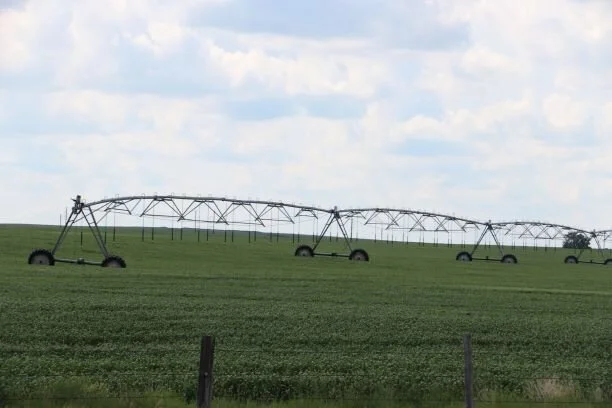Reducing phosphorus runoff
Is it possible to reduce the amount of phosphorus being released from agricultural land and into waterways, such as Lake Winnipeg, during the spring melt? It’s a question UWinnipeg Professor Dr. Darshani Kumaragamage, Department of Environmental Studies and Sciences, and her research team are trying to answer. In most parts of the world, erosion, and rain-driven runoff are the major pathways by which phosphorus from agricultural fields enter waterbodies. However, in cold climates like the Canadian prairies, flooding-induced phosphorus loss during the snowmelt period is the dominant transport mechanism of phosphorus from agricultural lands to water bodies.





